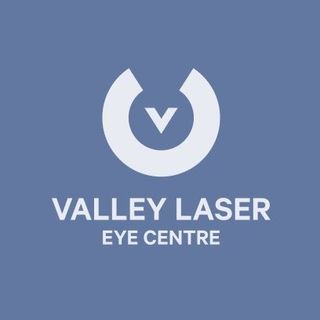High myopia, also known as “severe myopia” or “extreme myopia,” is a condition that is characterized by extreme nearsightedness. People who have a high degree of myopia are generally considered to have a condition that is more severe than other kinds of myopia.
Continue reading to find out more about excessive myopia and its treatment.
What Does the Term “Myopia” Mean?
To understand the term “high myopia,” it’s helpful to understand what the term myopia means. Myopia is a condition whereby the eye is unable to focus its vision clearly on distant objects. This can make distant foreign objects appear blurry, fuzzy, or distorted.
Nearsightedness is also known as myopia. Near-by items are crisp while you’re nearsighted, but far-off ones are hazy. In those with myopia, the eyeball is overly long, or the cornea or lens has an uneven curvature.
Pictures seem concentrated in front of your retina rather than right on it because of incorrect bending of light rays. If you have a family history of myopia, your chances of developing the condition rise. It usually begins between six and fourteen, although it may worsen into your early twenties if left untreated.
Extreme Nearsightedness May Be Caused by What?
There are a host of reasons why a person might develop excessive myopia, including:
Detached retina: A detached retina is a condition whereby the retina becomes separated from the back of the eye. This is one of the leading causes of blindness in people in the United States. This condition can be caused by several factors, including age, trauma and diabetes.
A single cause of myopia is unknown at this time. Extreme nearsightedness, or high myopia, may be passed down through families via genetics.
In essence, the eyeball becomes too lengthy. Light is focused in front of the retina instead of on the specific focal point. This is because of the distortion of the eye’s typical dimensions.
Nearsightedness is caused by genetics, environment, and other variables that don’t directly cause the disease. People who spend much time in front of a computer or in close quarters may be more prone to excessive myopia.
Is There a Cure for Severe Hyperopia?
Unfortunately, excessive myopia cannot be reversed unless the underlying cause is identified and dealt with. That’s why persons with extreme myopia need to have their eyes checked out by an eye doctor often.
However, there are several corrective lenses and surgical procedures that you can use to treat various conditions that are caused by excessive myopia.
Doctors may examine the eye’s internal tissues up and personal to ensure that any dangers associated with the disease are minimized. Even if they utilize treatments to improve their vision, people with this disease must still take their tests.
There are a variety of options, and many of them need surgery. These procedures may be life-changing for those who suffer from severe nearsightedness and cannot function normally without using glasses or contact lenses.
What Are Some Treatment Options for High Myopia?
You can use several options to treat high myopia. The most commonly used of these is corrective lenses. Some people with extreme nearsightedness may also choose to use contact lenses.
Laser eye surgery is also a treatment option for people with high myopia. This procedure is performed on patients who have not successfully treated myopia through glasses or contact lenses.
Conclusion
High myopia is a condition that is characterized by extreme nearsightedness. People afflicted with this disease have a unique set of circumstances that make their vision significantly more blurry compared to people with normal vision or any other kind of nearsightedness.
After reviewing this article, you should be in a better position to understand the risks associated with high myopia and whether you should have your eyes checked out by a professional as soon as possible. If you need further assistance, talk with a professional today.
Regarding vision correction treatments in Abbotsford, no one beats Valley Laser Eye Centre. Get in touch with us immediately if you’re looking for the best laser eye clinic to examine your eyes!
This blog post does not replace medical advice and should not be implemented before consulting a fully certified medical professional.





